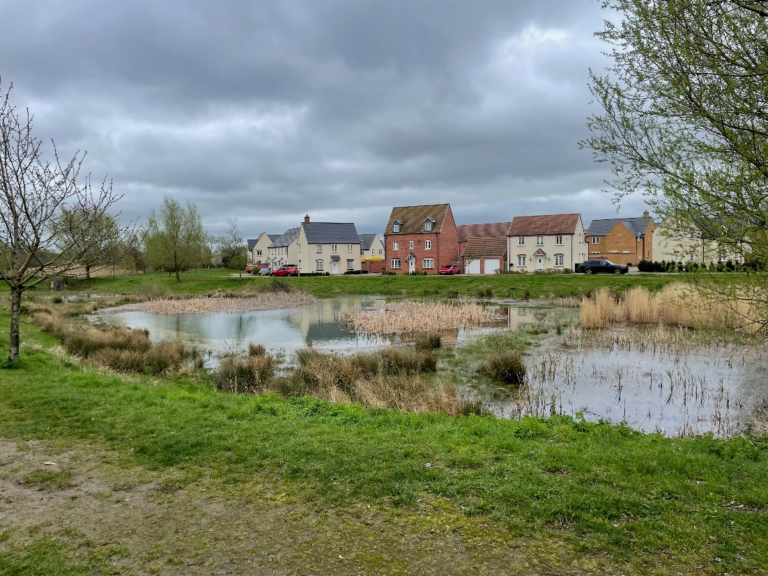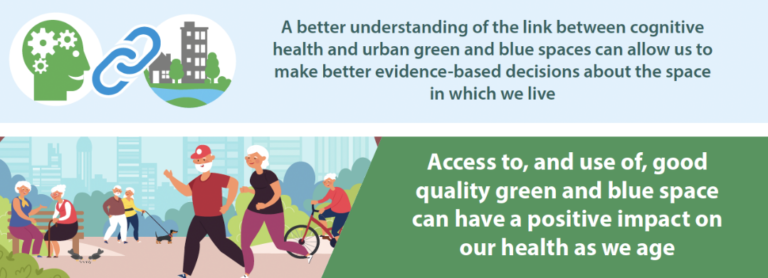
Perceived urban quality and well-being during post-earthquake shelter projects (MAPs and CASE) in L’Aquila, Italy
Although the CASE and MAPs were supposed to be temporary shelters for displaced persons, after fourteen years, they have not received proper maintenance and are dilapidated. This scenario opens to the idea that living in these places could negatively affect different psychological aspects, including perceived urban quality and environmental well-being.











